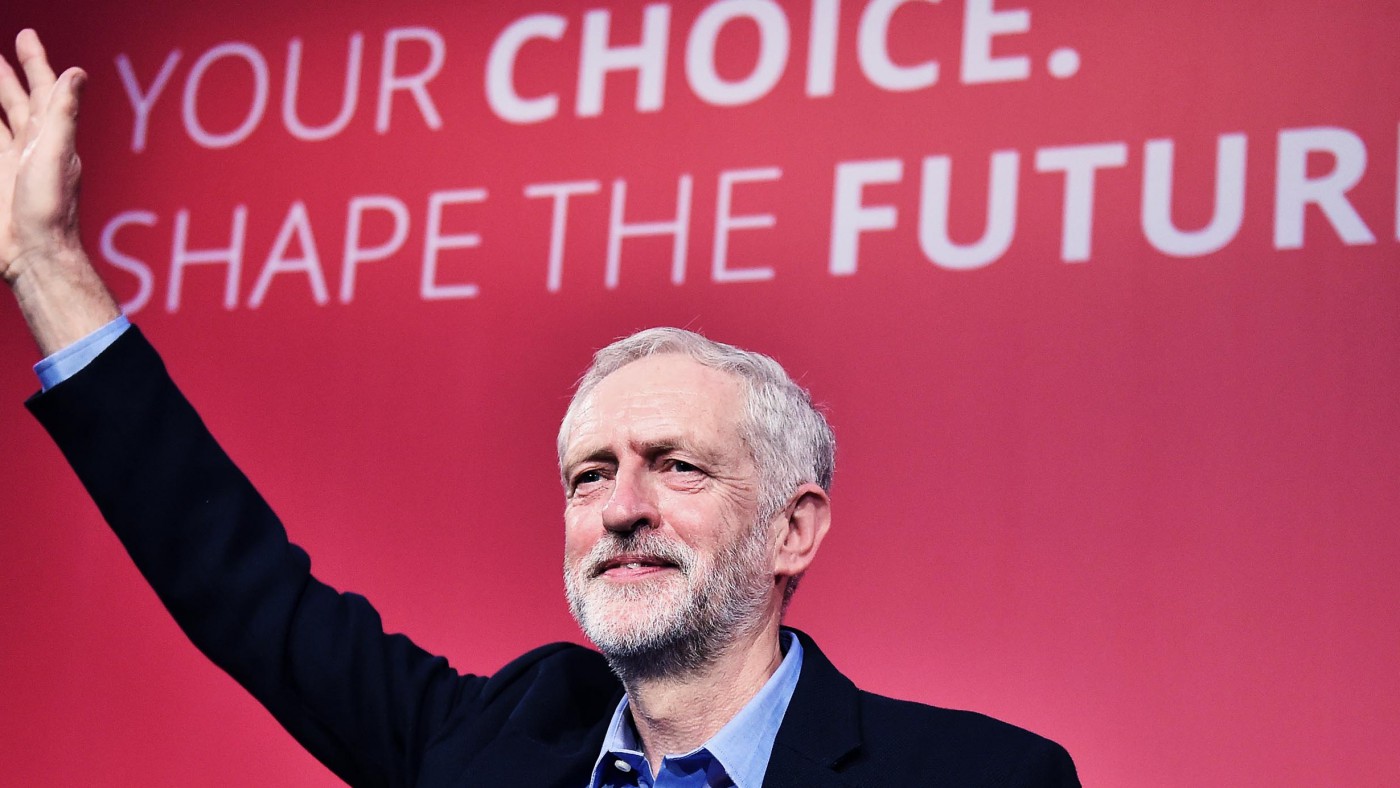Jeremy Corbyn’s acceptance speech probably wasn’t aimed at me or others who believe in economic freedom, but even if one judges it purely in terms of presentational punch and intellectual coherence, that was one of the worst speeches of its kind that I have ever seen. He rambled around thanking people and then shouted a lot like an intolerant sociology lecturer at a bar who has just been introduced to someone who might be a Tory. He had several cracks at the media – fine, if that’s your thing – but again the look was not that of a Prime Minister in-waiting.
After the result and his speech, a small number of Labour moderates who should know better went on television to try and pretend that everything will be okay. Don’t underestimate Jeremy Corbyn, they said. Well, speaking as someone who five years ago was one of the founder members of the Don’t Underestimate Ed Miliband Association (DUEMA), I can offer them some advice. They are wrong. Ed Miliband was moderate in comparison to Corbyn and ended up being ruthlessly dealt with by the Tories and the voters. With Corbyn, it is Christmas for the Conservatives. Sure, politics will now get very bitter and there will be many Corbynite demonstrations. It will not change the reckoning that is coming if Labour tries to put this man in front of the electorate at the next general election.
And he is going to be extremely difficult to remove, considering the scale of the victory he has just had. It suggests that Labour is going to be stuck with him, which means Labour may have had it. It is chained to Jeremy Corbyn. Consider the evidence:
1) In May, Labour was taught a brutal lesson in how England thinks – or the parts of it that decide general elections – and the party has chosen to disregard it. Voters don’t like that approach: you voted the wrong way, we’re back with someone even more left-wing than the other guy you rejected and we’re going to shout loudly until you “get it.”
2) Scotland. Unlike in the 1980s, when Labour was last under risk of extinction, the party no longer has a Caledonian redoubt to fall back on. Then it had Smith, Brown, Cook, Dewar and a host of other talented people such as Brian Wilson. Now Corbyn will try to mount a fightback in Scotland in next year’s Holyrood elections, but to do so he will tack far left (his supporters will demand it and it is his natural territory). That may produce an up-tick in some parts of Scotland such as Glasgow and Dundee that went Nat this year. It is highly unlikely to produce much in the way of seats beyond that. The positions he, and Scottish Labour, will adopt are going to put Labour at odds with English voters again, who made their views quite clear in May.
3) Britain and its economy is changing, leaving Labour behind. Even before this result, it was apparent that the entrepreneurial revolution that is underway, and the rise of self-employment and implied increase in job insecurity, is creating voters who are hard-headed and used to supporting themselves. Those aspirational voters that Blair used to be able to talk to, looked at Ed Miliband and thought he didn’t like them or understand their lives. Multiply it by ten when it comes to Jeremy Corbyn. The former Foreign Secretary William Hague got this right recently when he wrote that Labour was founded as a class-based party. Social change in recent decades leaves it with a natural constituency that is too small to win a general election. Rather than reaching out to a changing country, Labour is a party stuck with a leader who witters on and on about trade unions. To many middle-ground Britons it all sounds utterly alien.
4) In May, other voters who did not necessarily buy all of the Tory pitch, voted Tory. Was this because they were crying out for a blood red Socialist alternative and one not being available they voted for Cameron? Unlikely. Those voters – particularly women – thought Labour was just not trustworthy on money and on running public services. Again, multiply any concerns those people had by ten if they are presented with Corbyn at a general election.
5) The Tories won’t have it all their own way. They have splits on Europe ahead and tax credit changes that could be highly unpopular. Beyond that, the big picture is that once the Tories have downed champagne by the case load this weekend, they will have a field day.


